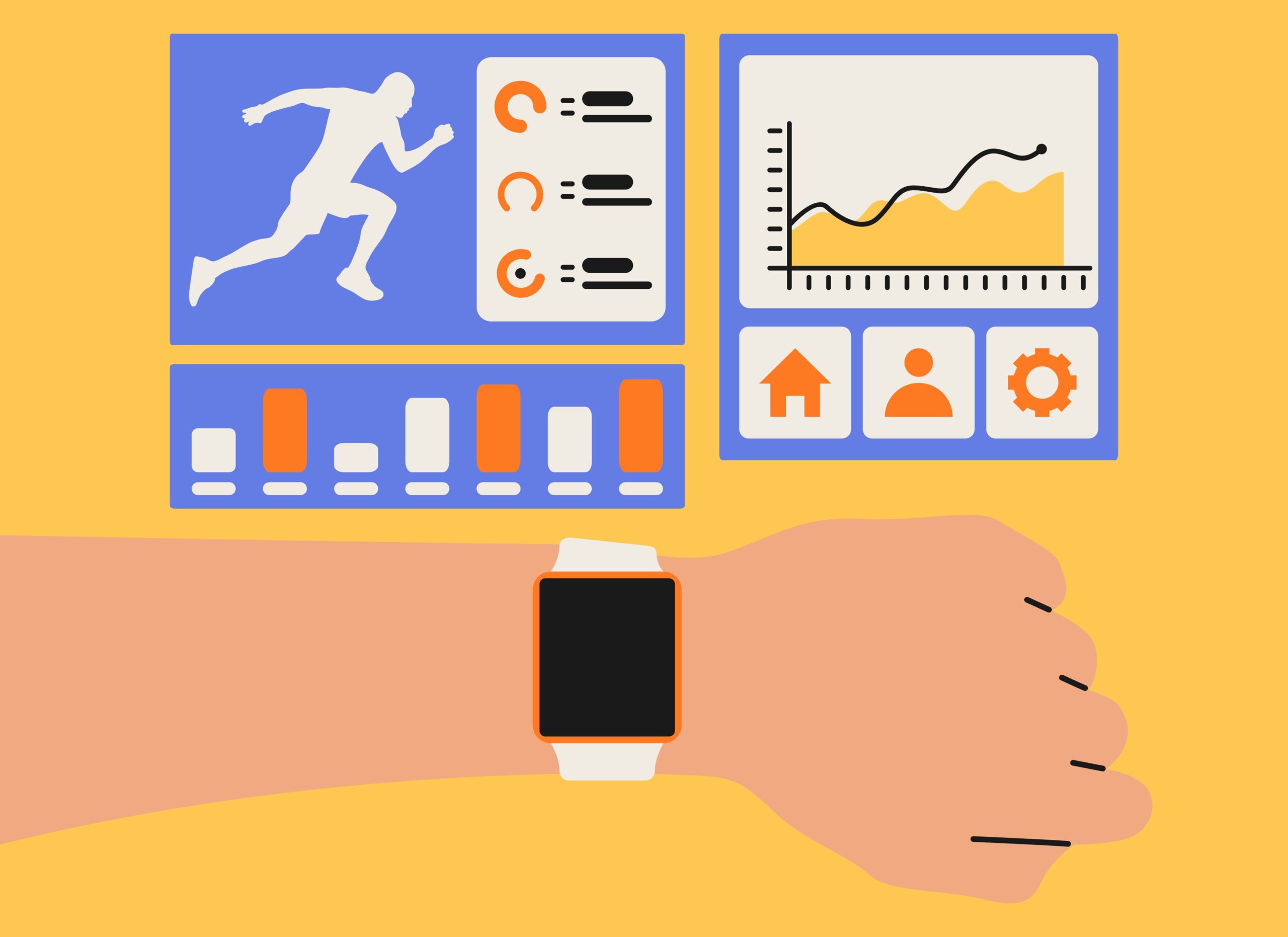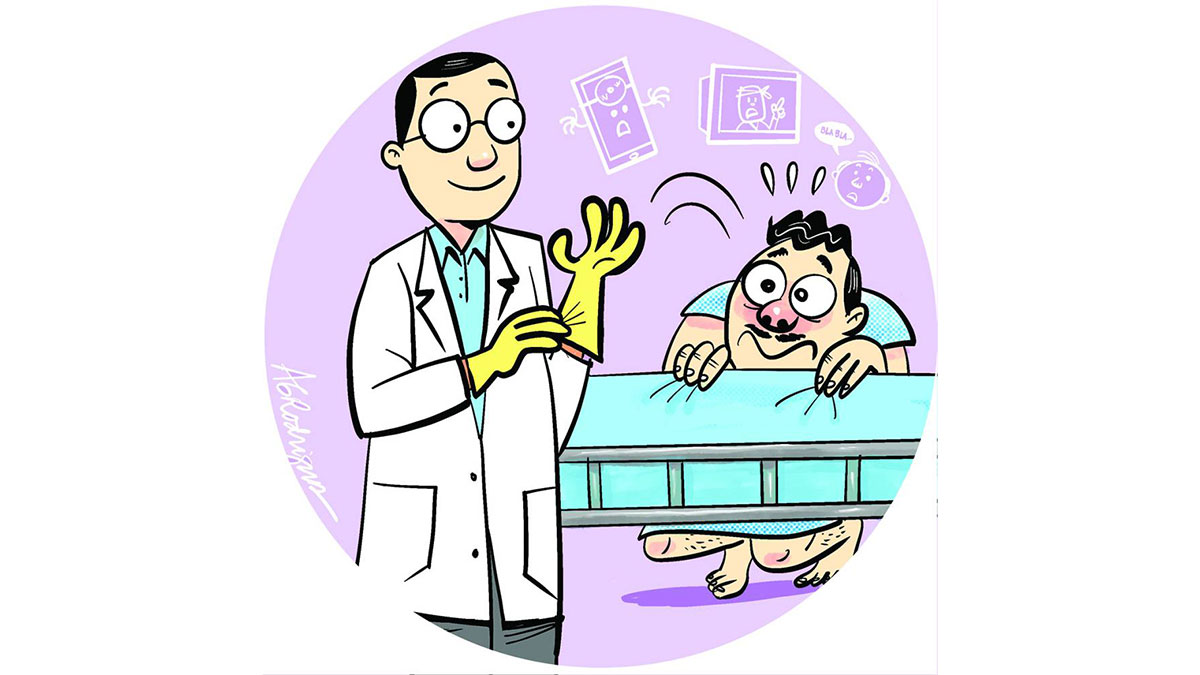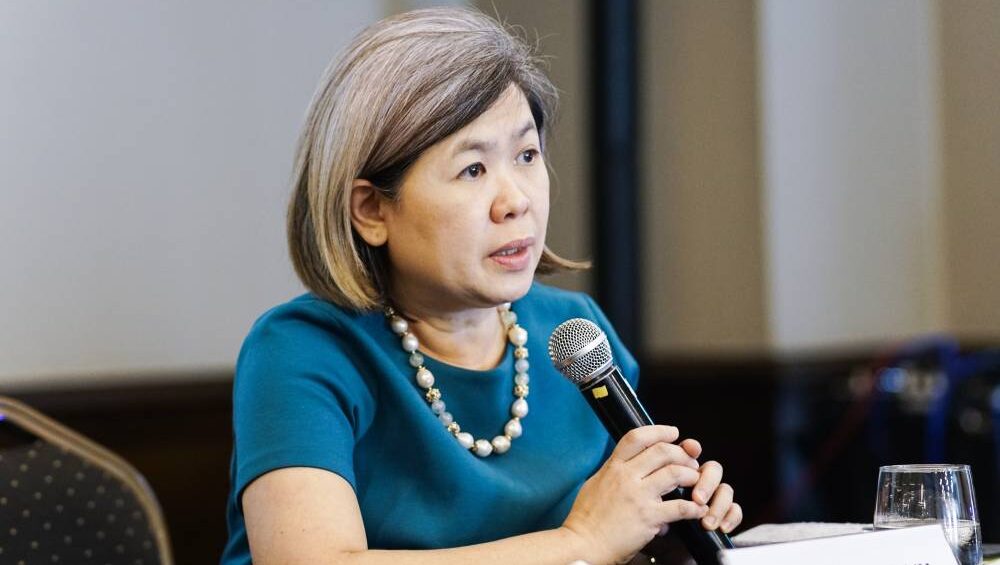In our Viber group chat, Dr. Gina Ogaco, chief training officer at the Manila Doctors Hospital Department of Internal Medicine (MDH-IM), raised the alarm on the increasing number of first-year medical residents quitting because they couldn’t handle the pressure of residency training.
According to these young doctors, who are in the millennial or post-millennial age brackets, the work is simply too much and the stress that comes with it is beyond what they signed up for.
Dr. Petrarch Bravo, MDH-IM chair, and other senior consultants of the department are at a loss on how to convince our young colleagues to persevere and complete the training program.
The MDH-IM is one of a few training hospitals with a 100-percent passing average in the diplomate exams conducted by the Philippine College of Physicians (PCP), the official certifying body of all internist specialists in the country.
Rigorous program
Many young doctors are drawn to MDH-IM for training because of its sterling track record of producing well-trained and competent internists who successfully pass the tough PCP diplomate-certifying exams.
Unfortunately, some of them—though they excel in academics—are not willing to go through the rigors of the three-year training program.
Is it a simple case of early physician burnout or a lack of stress-coping mechanisms, which seems to be prevalent in millennials and post-millennials?
In an interview with Dr. Cornelio Banaag Jr. published in this section last week, he noted the alarming increase in mental health problems in young Filipinos these days.
“I’ve seen depression and anxiety but not to the degree that we have now,” said the pioneer of child psychiatry in the country.
Even young doctors, who already went through nine years of rigorous study, are apparently not spared from this chink in their mental armor.
Support
Bravo explained that the department has been extending support to its residents beyond what is normally offered by other hospitals.
“For the last 10 years, as MDH and the department gradually grew, we have applied everything in the book to keep our residents with us—free books, regular team building, funds for research, sponsoring their review tuition, training officers and research coordinators to mentor them,” said Bravo.
Apparently these are not enough for some residents.
High risk
Do millennial and post-millennial doctors have a higher risk of developing mental health problems?
“Perhaps so,” said Dr. Nelson Abelardo, a former chair of the department. He explained: “In no other profession will Darwin’s theory of survival of the fittest find its most cruel application than in medicine. Work does not diminish…
“There is always more to do and finish… We are mandated to choose wisely the appropriate diagnostic tests for our patient’s sake and finally, we are mandated to apply safe, ethical and effective interventions with the dictum primum non nocere (first, do no harm) foremost in our minds.”
Balance
On top of these, Abelardo said that doctors are required to address concerns of family, friends, co-workers and subordinates and balance them with their own personal issues of financial stability, social standing, personal and professional growth.
“Colleagues and patients must realize that doctors are humans, too, and not superheroes who can just say, ‘Keep them coming!’” stressed Abelardo.
Empathy
What can be done to help young doctors manage the stress of their work?
Empathy could be the key, said Dr. Tony Leachon, a renowned health advocate and himself one of the successful alumni of the MDH-IM training program.
“When we honestly ask ourselves which person in our lives and professional careers means the most to us, we often find that it is those who—instead of giving advice, solutions or cures—have chosen to share our pain,” said Leachon.
He did exit interviews in the last three years with six first-year residents who quit and moved to other hospitals.
According to the resident physicians, they could endure the toxic workload but not the shaming and name-calling during the long and tiring endorsement rounds.
The shaming not only comes from the consultants or senior residents and fellows, but sometimes from the patients and their relatives, who even post nasty comments on social media.
“Sometimes all a person wants is an empathetic ear; all he or she needs is to talk it out. Just offering a listening ear and an understanding heart can be a big comfort,” explained Leachon.
It could just be a phase these young doctors are going through. Hopefully, with the psychological support structure provided by family, friends, colleagues and even patients, they can hurdle this phase without permanent emotional scars.
We hope that years from now, as they become successful medical practitioners, they could look back on these years as one of the defining moments, not only of their careers, but of their entire lives.









































